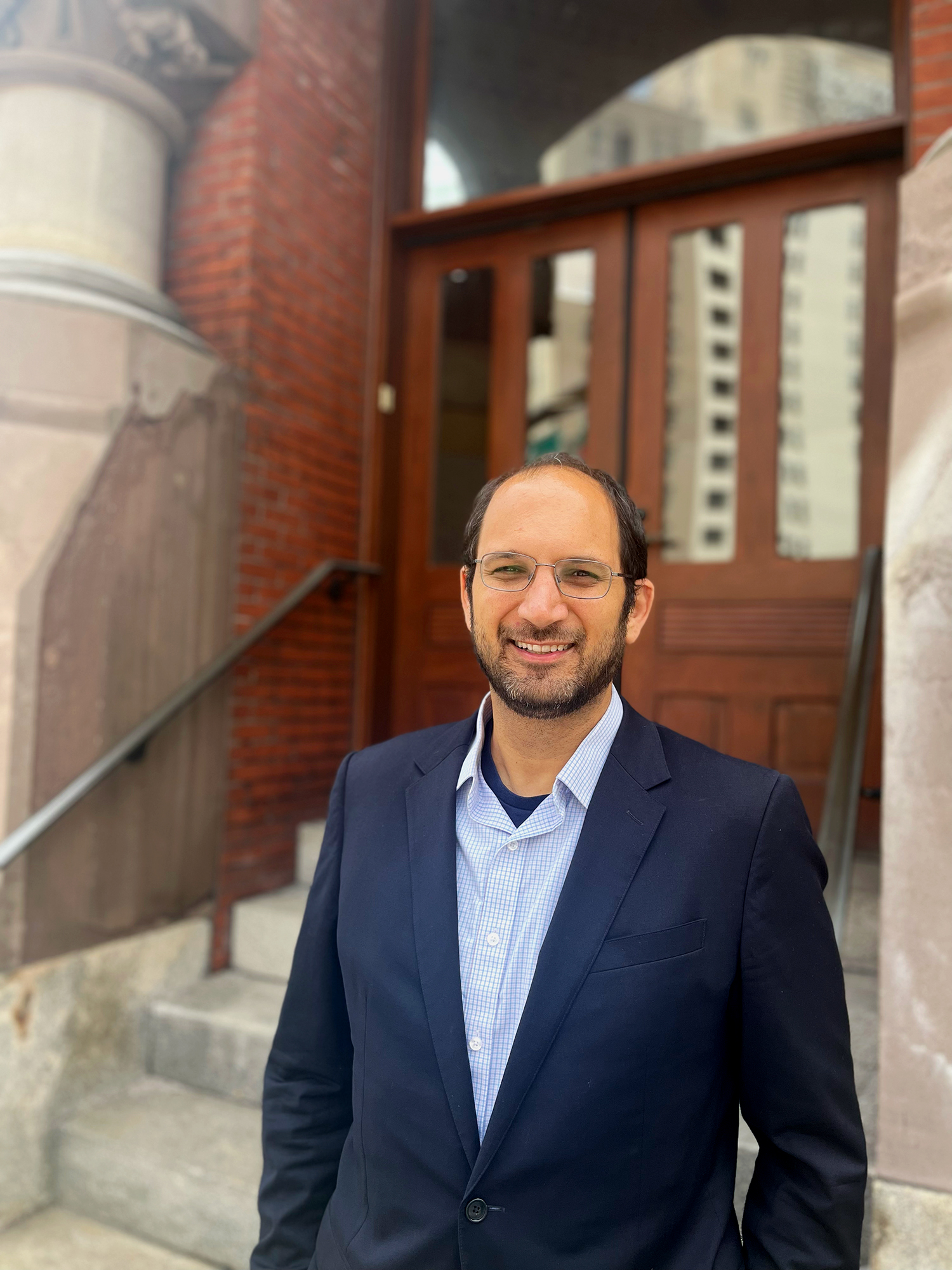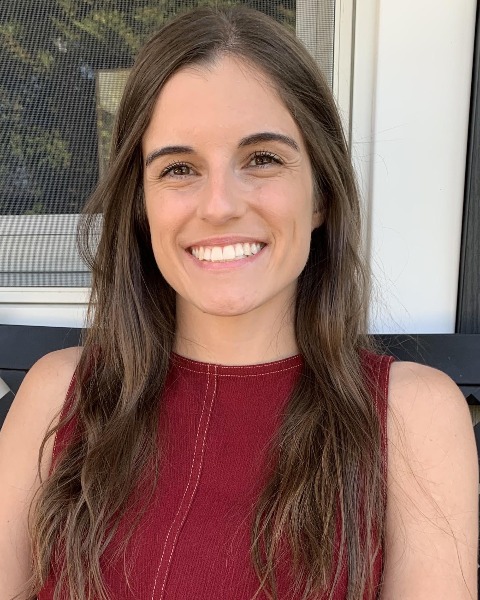Symposia
Autism Spectrum and Developmental Disorders
5 - (SYM 128) Remote Training to Improve Confidence and Competence of Mental Health Practitioners to Treat Autistic Youth

Matthew Lerner, Ph.D. (he/him/his)
Associate Professor
Drexel University
Philadelphia, Pennsylvania, United States
Lauren Moskowitz, Ph.D.
Associate Professor
St. John’s University
Queens, New York, United States
Rebecca Sachs, ABPP, Ph.D.
Founder & Clinical Psychologist
Private Practice
Brooklyn, New York, United States
Dena Gassner, MSW
Ph.D. Candidate, Adjunct, IACC and IEC board member
Towson University
W. Hempstead, New York, United States- IZ
Imad Zaheer, Ph.D.
Assistant Professor
St. John’s University
Denville, New Jersey, United States - AN
Allison S. Nahmias, Ph.D.
Assistant Clinical Professor
A.J. Drexel Autism Institute, Drexel University
Philadelphia, Pennsylvania, United States - NB
Nathalia Benitez, B.A.
Doctoral Student
St. John’s University
New York, New York, United States 
Jacquelyn A. Gates, M.A. (she/her/hers)
Graduate Researcher
Stony Brook University
Astoria, New York, United States- BJ
Britney Jeyanayagam, M.A.
Clinical Psychology Doctoral Student
St. John's University
Queens, New York, United States - MM
Morgan L. McNair, M.A.
Doctoral Candidate
Stony Brook University
Port Jefferson, New York, United States - AS
Ashley Smith, B.A.
School Psychology Doctoral Student
St. John’s University
White Plains, New York, United States
Speaker(s)
Co-author(s)
Autistic youth exhibit elevated rates of mental health disorders compared to the general population and clinically-referred youth without autism (Rosen et al., 2018; van Steensel et al., 2013). Research suggests that CBT is efficacious in reducing these co-occurring symptoms in autistic youth (Wood et al., 2020; Ung et al., 2015). However, CBT’s use with autistic individuals in community settings is limited (Reaven et al., 2014), with autistic youth at significantly higher risk of not receiving therapy due to lack of providers with requisite skills (Chiri & Warfield, 2012). A primary driver of this gap is that many community mental health providers lack the confidence and sense of competence to work with autistic individuals (Brede et al., 2022), and report a lack of knowledge/expertise to tailor their approaches and make autism-specific adaptations (Adams & Young, 2021); studies suggest a large majority of providers will turn away autistic individuals, even if the referral is for a condition these providers state they treat (Maddox et al., 2021). Thus, a brief, accessible training to increase providers’ perceptions of their own competence and confidence in treating autistic youth is needed.
168 community mental health providers (in cohorts of n~40) throughout New York State enrolled in a 6-week, hybrid (1 hour synchronous/1.5 hours asynchronous) training designed to address confidence and competence in using CBT to treat autistic youth. This training was co-designed and -delivered by autistic scholars and non-autistic clinicians to ensure representation of lived experience throughout training. Participants were surveyed before and after the training on their perceived confidence and competence (5-point Likert scale) to treat autistic youth overall, and specifically using CBT strategies. Regression and ANOVA models were used to examine change. Social validity was examined via qualitative responses.
Mean competence and confidence increased in all measured domains (all p < .001; see Figure 1). Participants reported high endorsement ( >4.5/5) in terms of clarity of understanding of how to implement CBT, acceptability of the program, likelihood of permanent improvements in ability to implement CBT, effectiveness of the training, enjoyment and appropriateness of the strategies, comfort with working with autistic clients, and willingness to recommend the training to others.
These results suggest a brief, online training may impact access to mental health care for autistic youth via improved sense of competence and confidence among existing community clinicians.

.png)
